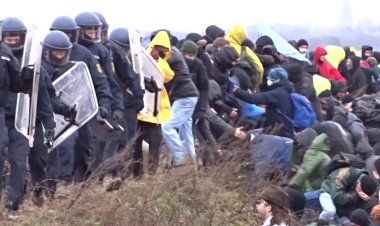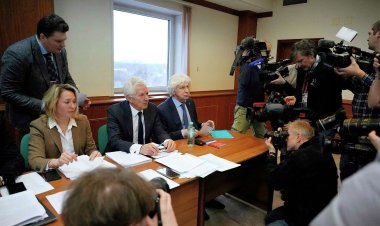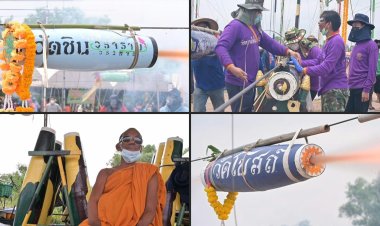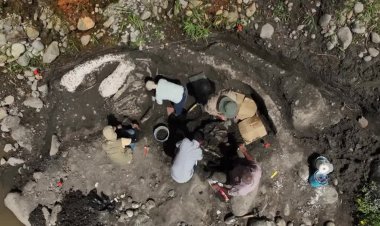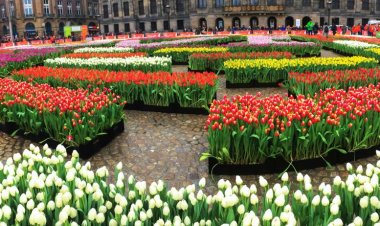Georgian president rallies for pro-EU future
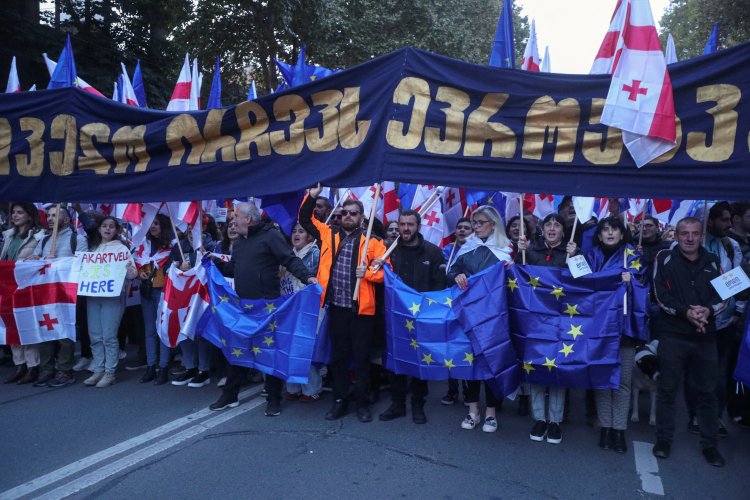
Georgian President Salome Zourabichvili addressed a crowd of thousands at a rally in the capital, delivering a strong pro-EU message just days before a fiercely-contested parliamentary election.
The Oct. 26 election is widely viewed as a test of whether Georgia returns to Russia's orbit or maintains its pro-Western orientation.
The crowds gathered in Tbilisi's central square represented "a free Georgia," she said.
"Here today is the society, the people, the Georgians who are going to Europe," said Zourabichvili, who has urged people to vote against the incumbent Georgian Dream party.
The EU last year granted candidate status to Georgia, a first stage towards eventual membership. But relations have worsened sharply since the Georgian Dream passed a "foreign agent" law in May that critics say is evidence it is pivoting towards Russia.
Draped in EU and Georgian flags, Georgians converged on Freedom Square to support the four main pro-Western opposition groups running next weekend.
Zourabichvili, who has largely ceremonial powers, was elected in 2018 with Georgian Dream's support but has since become one of its strongest critics.
She has been attempting to broker pacts among opposition groups to oust Georgian Dream, which domestic critics and the West accuse of derailing Tbilisi's prospects of joining the European Union.
As Zourabichvili spoke, unknown people shine lasers at her face from a nearby rooftop in an apparent attempt to distract her.
Activists said the election was an opportunity to seize a European future for themselves and their children.
"We want to live in Europe," said Liza Davitadze, 25, from the opposition Coalition for Change.
Brussels has said Georgia's accession process is "practically frozen" amid concerns of democratic backsliding, while Washington, a major aid donor, paused tens of millions of dollars in assistance this year citing similar concerns.
Many demonstrators said they saw the election as existential for the country.





